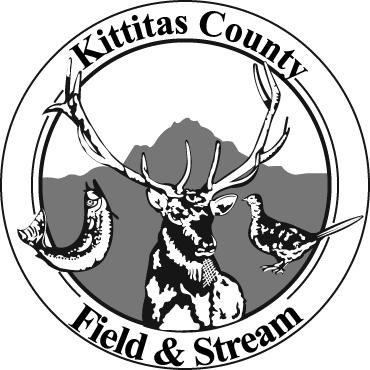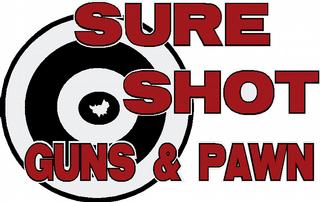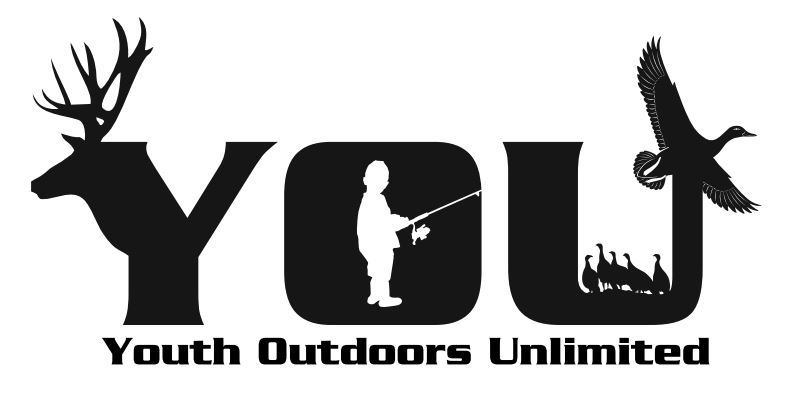I just received my third Washington State Department of Fish and Wildlife Master Hunter Permit renewal – my re-certification. I’m good to go for another five years of dealing with renegade and misbehaving wildlife. It’s been an interesting 15-year journey, so far.
I first became really aware of our Washington Department of Fish and Wildlife (DFW) “Master Hunter” program in 2003, when the hunting season and rules pamphlet listed hunting opportunities for dealing with wildlife/human conflicts which were only available to hunters who had completed the Advanced Hunter Education (AHE) training – meeting the “Master Hunter” qualifications.
The program had been around for a time, with the same goals held by every serious hunter: improve sportsman/landowner relationships; raise the level of hunters= knowledge; and increase hunting opportunities and/or access to private lands. It was made to order for those of us who care about the future of hunting and outdoor recreation, and who were willing to step forward and assume a leadership role among our fellows. There were tests of shooting skill, required levels of volunteer work and a long, comprehensive exam over rules, regulations, statutes and various hunting challenges. Completing the program successfully got the hunter a certificate and a patch. By the time I awakened to the program’s existence, there were several thousand in it.
For decades, of course, I had weighed the meaning of “real hunter;” how I wanted to be perceived and how I wanted my kids to feel about hunting and shooting and making meat. Master Hunter Jim Anderson’s description on that early DFW AHE web site summed it up for me: “We Are Hunters. We follow the rules…to protect and preserve the wildlife and the land we love. We are ambassadors… Our actions and words show who we really are. We are stewards of the wildlife and the land upon which we hunt. We always hunt safely…No exceptions! We know that…hunting…is a privilege we have to earn each time we hunt… We are hunters.”
“We are hunters!” That simple affirmation swept me back to a cold 1985 December eve. A ragged bunch of officers and committee chairs for activities of the Denver Chapter of Safari Club International were sitting around a barrel stove in “Andy” Anderson’s shop in southeast Denver. Tom was talking about his hunt in Germany’s Black Forest.
“So,” he said, “we had been out in the woods all afternoon and it was snowing and Fritz the hunt master just kept walking and walking. It was getting dark and I was sure we were getting farther and farther from our rig, but you just don’t really question these guys much – even if you ARE paying… Anyway, we came out at a little village to an inn. This great big guy opened the door, squinted into the snow and his feeble porch light, and boomed a big welcome to us.
“He gave us towels to dry off our rifles and a big bowl of like a stew and some bread. We sat by the fire and everybody in the dining room acted like we were special. Then the inn guy found someone to drive us back to our hunting car. All these guys acted like we were doing them a favor or something. When we got back to our lodge, we asked Fritz what that was all about.
“He looked at us, and said, very simply, ‘Because we are HUNTERS.’”
In Europe, it takes a lot to be a hunter and it is a pretty big deal. I later saw that for myself when we visited German friends in 2006.
At any rate, I was delighted when I finally earned my gold card certification in 2005. It was very cool: I could be trusted to remove troublesome critters from places other shooters might not be allowed; I agreed to meet some higher standard of shooting and sportsmanship. Really, it meant – as son Edward has several times observed – that I agreed to always be a gentleman afield.
In the couple years after I got my gold card, I saw enough knuckleheads in the program to make me throw up and think about returning my card. Some “master hunters” seemed to feel that they could ignore “No Hunting” or “No Trespassing” signs and others were shooting animals they were not authorized to cull. Law enforcement and wildlife managers saw the problems, too.
Thus, in 2007, our Fish and Wildlife Commission signed the Master Hunter Program Policy C-6005, creating the Master Hunter Permit Program (MHPP). The revamped “permit program” involved a reapplication process, background checks and disenrollment for prior game violations, very clear rules about behavior and violations, more volunteer hours, an equally challenging exam, and an ethics pledge. A number of hunters did not reapply. Today, there is a strong 15-member Master Hunter Advisory Group and a much stronger focus on expectations. (Find our more at the web site, below, or contact Kris Thorson at Kristopher.thorson@dfw.wa.gov or at 360-902-8410.)
The mission statement of the Advisory Group is pretty simple: “Develop a Corps of sportsmen dedicated to preserving the heritage of hunting by giving back to the sport, displaying the highest standards of conduct, and working to conserve wildlife habitat and hunting opportunity.”
The web site for the program (wdfw.wa.gov/hunting/requirements/master-hunter) makes the current expectations very clear and to the point. “Master Hunters are ambassadors to the public and should conduct themselves as role models for the rest of the hunting community. Being a Master Hunter is a privilege, not a right. As such, if Master Hunters are not abiding by the highest ethical standards, they may be suspended or expelled from the program.”
I look forward to my next five years as a Master Hunter Permit Holder. I love the responsibilities and the possibilities – it’s about being a “hunter.”





Jim…
Thanks for the article (Master Hunter Program). No surprise that a disproportionate number of unethical types try to work the system to gain advantage. The only way for a program like it to work is to have members step-up and not be afraid to call out bad actors, lest the whole program fails out. I heard of way to many issues of trespass and acts of ‘entitlement’ by Master Hunters: To the point of my actually assigning guilt by association to the whole. It’s a clear service to the Department for those who help govern the program to lay down the law, keeping things more honest and ethical.